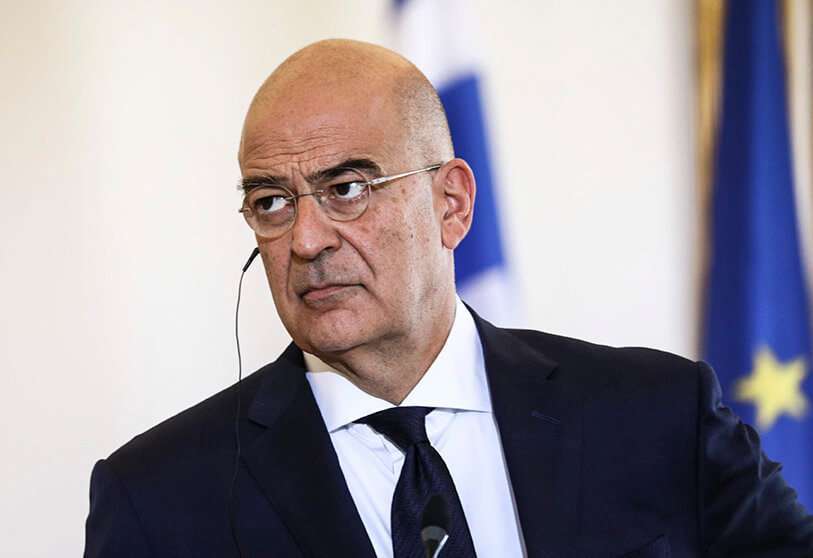Eastern Mediterranean, a disputed territory between Greece and Turkey

This Tuesday Athens will be the scene of a meeting between Greece and Turkey to discuss, once again, the exploration and use of the continental shelf claimed by Ankara in the eastern Mediterranean.
The failure of the last meeting in January has led to a new meeting in which it is hoped that the dispute over hydrocarbon exploration in this maritime area will be resolved. Tensions between the neighbouring countries increased hours before the start of the meeting after Ankara sent a diplomatic note to Greece, the European Union and Israel, urging them to obtain their authorisation for any possible work on the continental shelf.
To these tensions must be added the confrontations experienced last summer after a Turkish seismic research vessel, specifically the Oruç Reis, carried out exploration in maritime areas close to the Greek island of Kastellorizo, which are currently in dispute as an area rich in hydrocarbons.

It should be remembered that the conflict in this area of the Aegean was at its most tense in 1996 when the two countries were on the brink of armed conflict over the dispute over sovereignty over an islet barely 100 metres long.
This meeting would be the 62nd to be held on this conflict since 2000, meetings that have failed to reach a tangible solution. The last case occurred in January after a confrontation between Greece and Turkey in which Greece only wanted to discuss the limits of the continental shelf of the corresponding area in the Aegean Sea, while Ankara insisted on discussing the definition of the exclusive economic zones and airspace of the two countries.
Ankara said on Monday it wanted Athens to stop "its provocative and intransigent behaviour as soon as possible". Turkish Defence Minister Hulusi Akar warned at a conference that "Greece wants to turn Greek-Turkish issues into a problem between Turkey and the EU and between Turkey and the US, but we do not accept that," he said.

The minister also criticised recent arms purchases by Athens, which has been particularly supported by France since last summer's conflict. In fact, last January, Athens purchased 18 Rafale fighter jets, which have become the most modern fighter jets made in France.
According to the Turkish press, these declarations are part of a new strategy in response to the meeting held on 8 March between Cyprus, Greece and Israel on the implementation of the world's longest submarine cable, 1,000 kilometres long, which would pass under the continental shelf claimed by Turkey.

These disputes also come close to the fifth anniversary of the controversial EU-Ankara declaration signed on 19 March 2016, which obliged Turkey to reduce the number of migrants passing through to European soil. In line with this confrontation, the Greek migration minister, Notis Mitarachi, has announced that a new meeting will be held on 20-21 March in Athens on the new European migration pact. The Mediterranean countries of Spain, Italy, Malta and Cyprus are expected to take part.
In this climate, Athens is counting on the backing of its European partners, which warned Ankara last December of possible sanctions for its exploration in waters that do not belong to them as they are of an international nature. These sanctions could deal a severe blow to Turkey's long-stagnant economy. For the time being, the EU has approved sanctions targeting Turkish officials involved in these exploration activities. Similarly, Greece is hoping for support from the new Biden administration.








